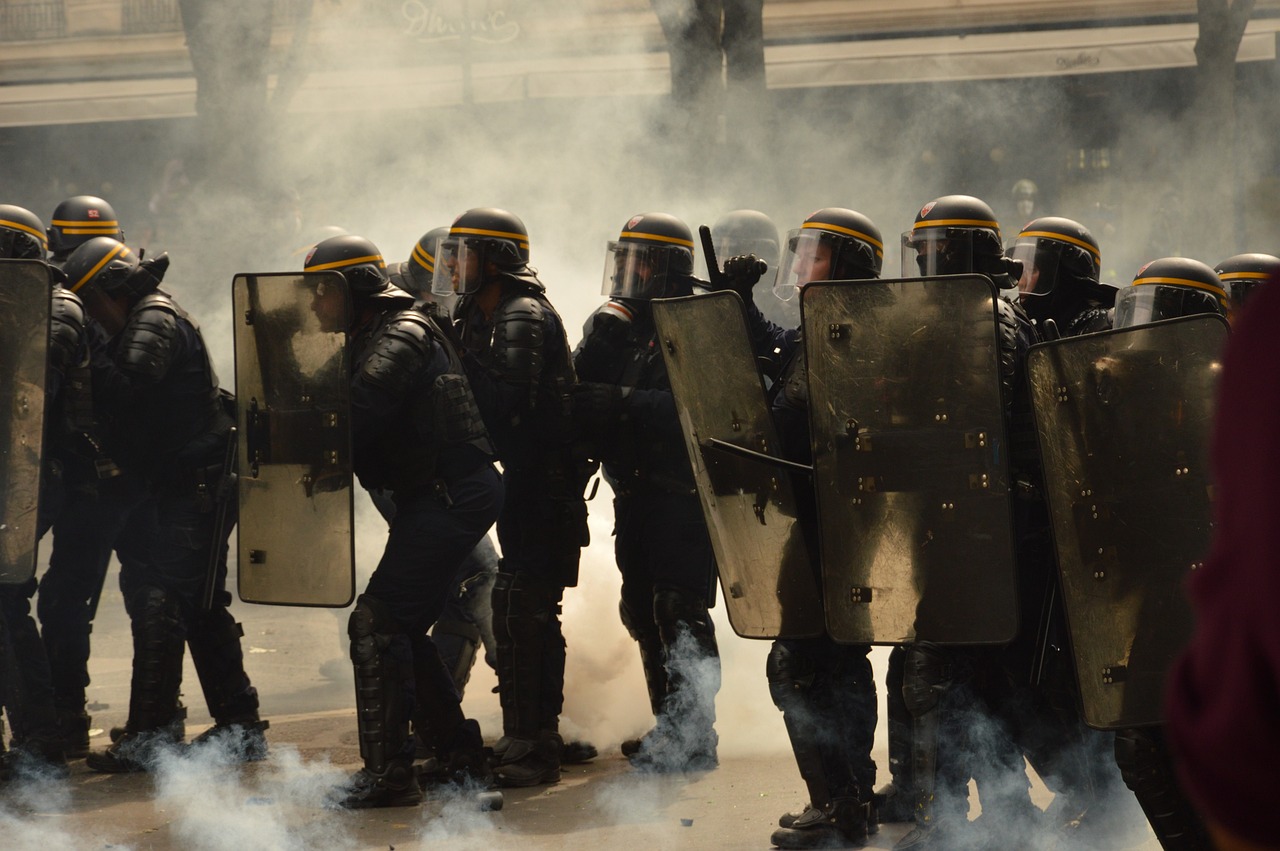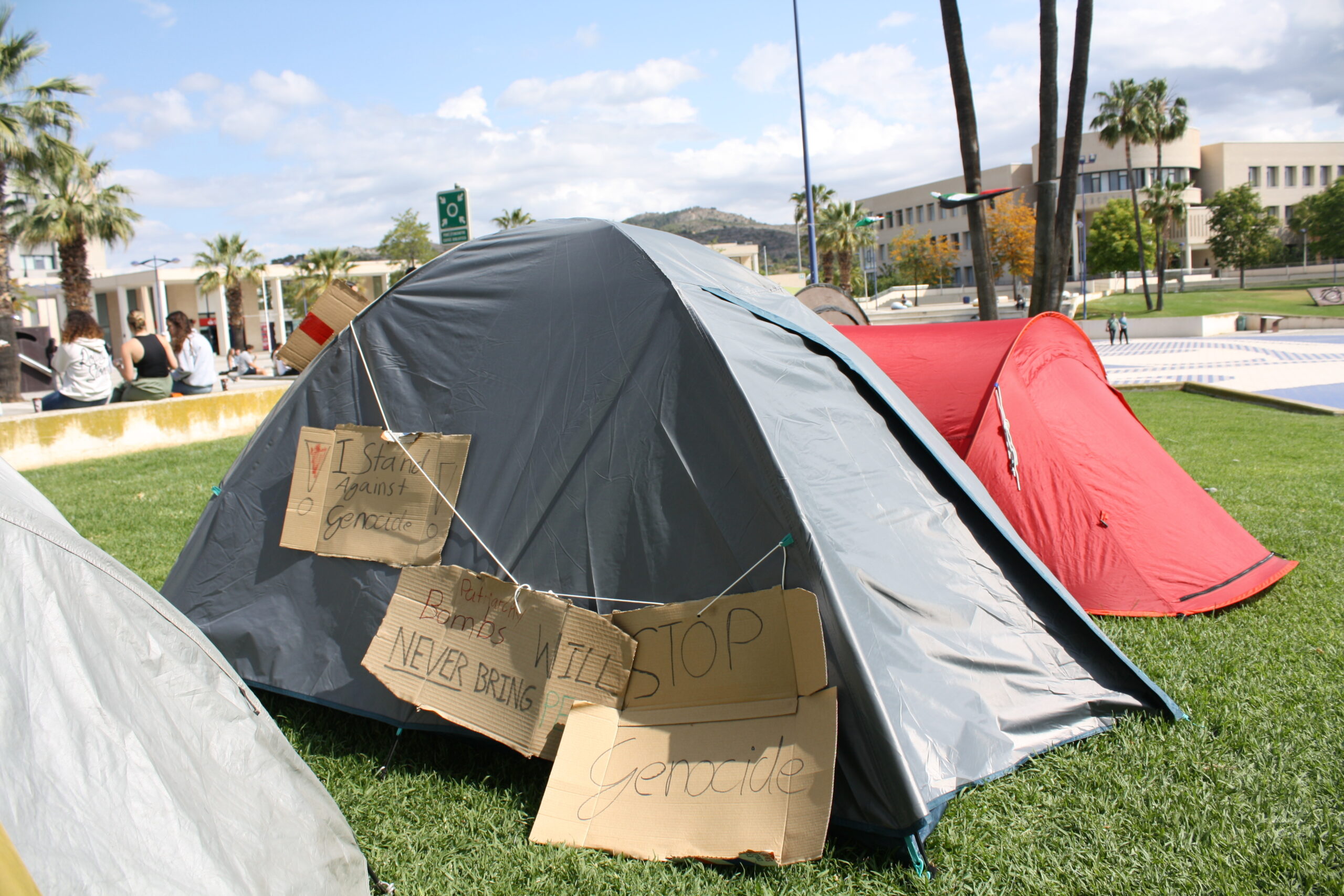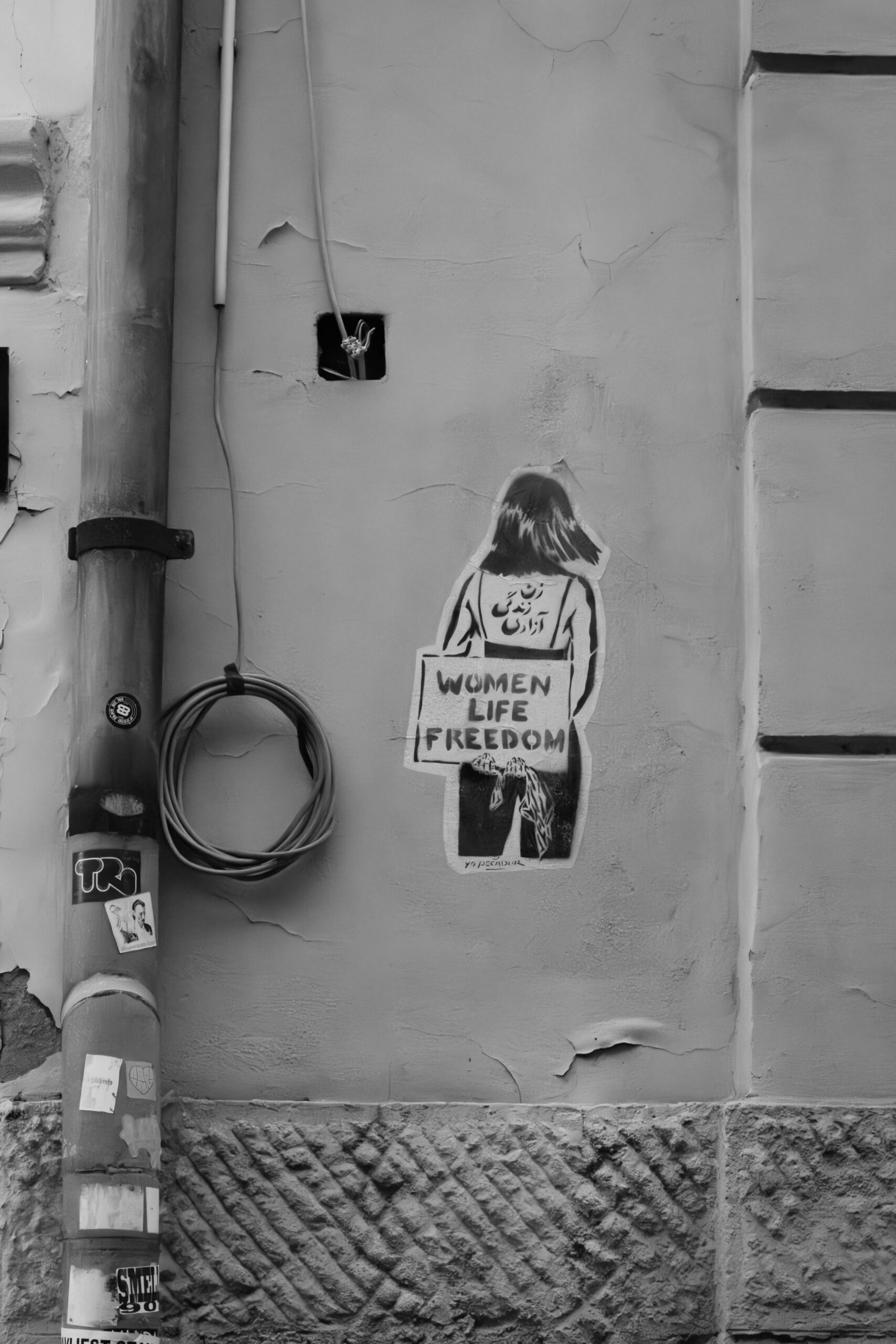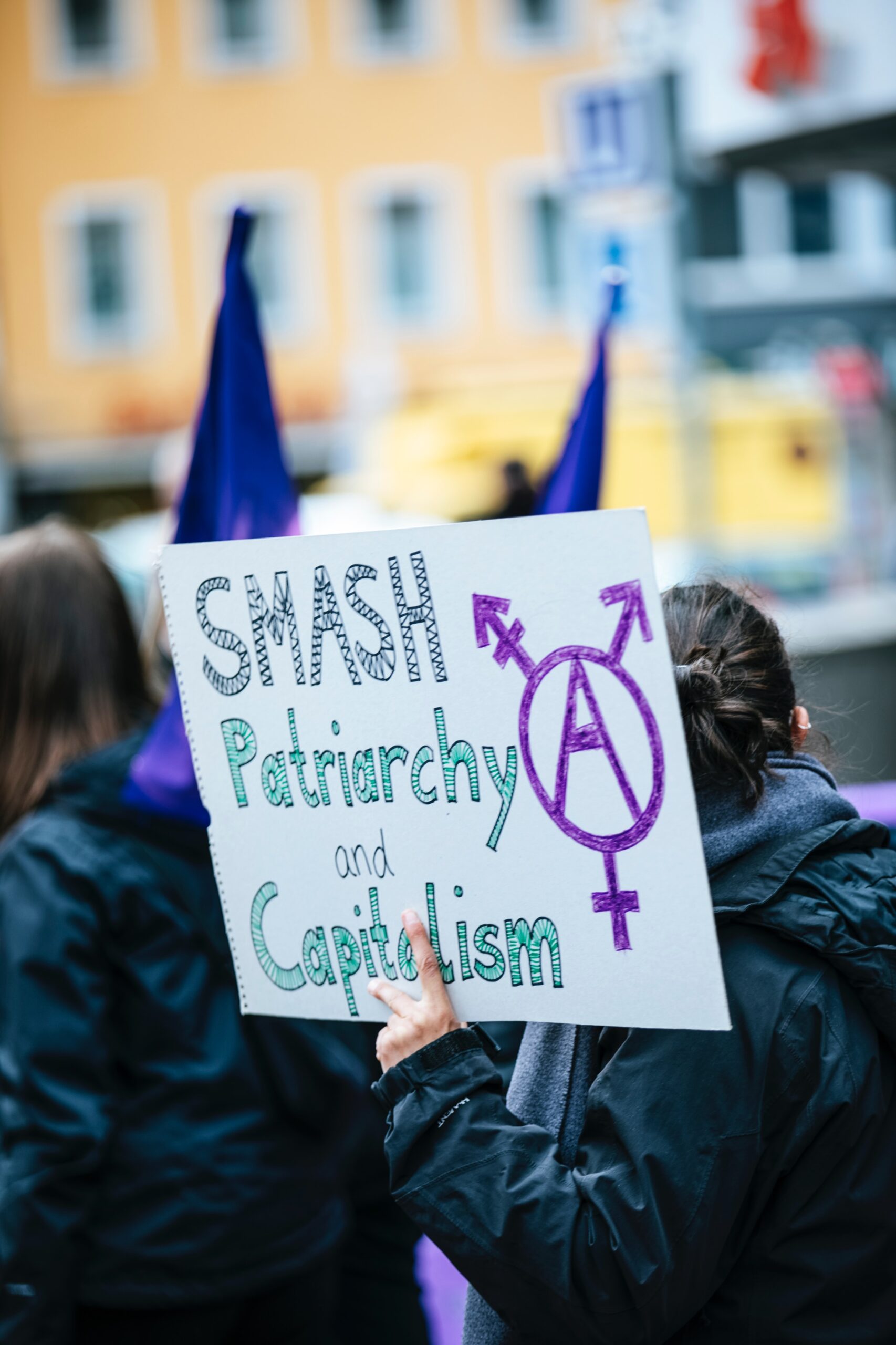By Chloé Vaquette
Over the last years, the French police demonstrates through many cases the racist issues it is facing. From the music producer Michel Zecler who has been beaten up in front of CCTV to the Adama Traoré’s death, physical attacks based on racist prejudices seem common events in French-style policing. Police unions and far right parties instrumentalize those cases
into political cleavages through racial stereotypes and fears about the concept of security. One of the main devising point takes place in the impunity enjoyed by officers responsible for violence. Weak convictions and acquittal are common punishments even if evidence proves the officer’s culpability. Those ideas can be illustrated by some recent events. In 2019, a journalist infiltrated a Parisian police brigade and testified numerous racist violence against North African and Black minorities, sometimes through falsification of evidence after beatings. Adama Traoré’s sister, Assa Traoré, is considered by French right politicians and police unions as a separatist person and a threat for the police security. At the same time, she is presented
in The Time as a Guardian of The Year in 2020 for her fight for Racial Justice. The ambivalence of perspectives can be explained by racist bias from French political actors who don’t hesitate to defend the integrity of the police.
Recent event
In June, a 17 years old boy named Nahel had been shot at close range by a police officer. His death caused multiple protests and riots in the entire country and specifically in the poorest districts. The anger and the feeling of injustice were already growing up for several years but his death constitutes a point of no return. He wasn’t known for any kind of offense
but has been a victim of racist beliefs and stereotypes. In order to contain violence during the riots, the French Government mobilized large police force who commited, again, large scale violence. Few testimonies have emerged in the media. One case that was reported by mainstream media was that of Hedi, a 22 years old man was walking in the streets of Marseille during riots and had been beaten up by several police officers. He had been amputated from a part of his skull and his damaged face was published in all medias to demonstrate the racist and violent behaviour of the police. The
tension of the debates has reached its peak through two events. In support of the police officer who killed Nahel a fundraising was launched. After few days, it had already received 1.6 million euros. In both Hedi and Nahel’s cases, the police officers who violently attacked and killed were incarcerated. This sparked indignation from the police all around the country, who decided to challenge these incarcerations by going on sick leave, instead of
strikeing. What this events show, is the extent to which French police is structurally plagued by racism and violence.
Political reactions from colonial perspectives
How can we make sense of this systemic racism inherent in the French obsession with maintaining order? By analysing politicians’ reactions, it seems obvious this racism takes place in a postcolonial society still linked to colonial beliefs. While a lot of support has been expressed towards the police officers involved, the victims and their families were blamed and accused of lack of education and parental authority. Those opinions are expressed through a particular vision of what security is and means. For the French state, security takes place in the protection from an enemy/threat which is mostly incarnated by racialized people via “ontological assumptions”. Here, the French state expects assimilation from immigrant populations and their French descendants through the negation of a part of their identity and through an expected irreproachable behaviour.
As notiched by feminist decolonial scholars, in constructing these people as a security threat to be dealt with with normal politics, the violence of the systemic violence of the French state is hidden because of racist intellectual assumptions that act as a justification for violence and as a legitimation of the mechanisms through which this violence is waged.
Moreover, those racist stereotypes are followed by segregated politics: social categories do not benefit of the same public services and chances depending on their income. Poorest districts are abandoned by the state and this contributes to developing a feeling of injstice which sometimes result in violence against the state which creates and maintain such injustices. This “denigration and abandonment of non-white and poor population” as expressed by Montesinos Coleman act as the first expression of
racism in the way the state is organised. By blaming racialized and poor population and by spreading racist ideas, the French state deepens the social divide and allows policeto use violence in the name of security.
This social hierarchy is an heritage and a perpetuation of the
colonial modes of domination in contemporary France. As such, this prevents a real attainment of security for each French citizen, no matter its skin colours or its supposed origins.





Leave a Reply